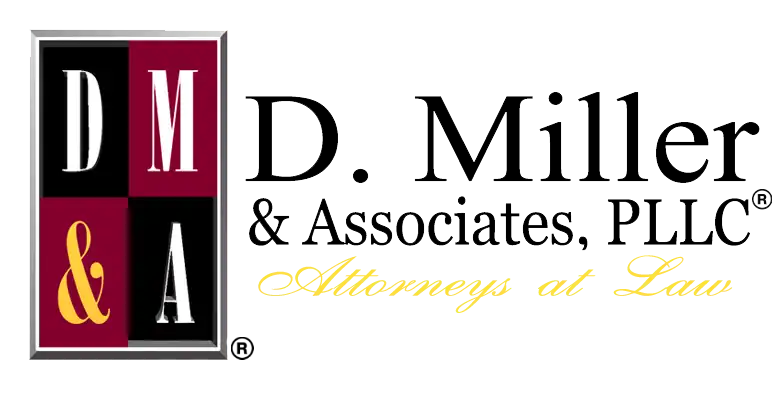No, Texas is not a “no-fault” state for auto insurance. Texas is a “fault” state. This is a significant difference.
Each state determines:
- Whether motorists must have auto insurance
- How much auto insurance each motorist must have
- Whether auto insurance follows the “fault” model, the “no-fault” model, or some other framework
Motorists should understand the differences between these models. They’ll become very relevant once you’re in an auto accident.
What Is a “No-Fault” State?
“No-fault” refers to how a state adjudicates auto insurance claims. In a “no-fault” state, motorists must have insurance covering damage that other drivers cause.
If another motorist strikes you in a fault state, you’d file a claim with your own insurer. Your own policy would cover injuries, property damage (if you have collision coverage), and certain other losses. Once your losses surpass your coverage limits, you might then file a claim with the at-fault motorist’s insurer.
Texas is a “fault” state, so the “no-fault” process doesn’t apply.
What Is a “Fault” State?
A fault state requires motorists to pay for injuries and property damage that they cause. Rather than filing a claim with their own insurance (as they would in a no-fault state), accident victims file a claim with the at-fault party’s insurer. Fault states are also known as “tort” states.
This fault system can protect victims from using their own insurance. They may avoid paying a deductible – and higher monthly premiums – because of an accident they didn’t cause.
Under the tort model, motorists in Texas must be able to cover the harm they cause. This generally means they must purchase adequate liability insurance coverage.
What Are Minimum Auto Insurance Coverages in Texas?
The Texas Department of Insurance (TDI) explains that motorists must prove they can cover damage from an accident. For most motorists, this means purchasing liability insurance.
Minimum liability insurance coverage in Texas includes:
- $30,000 for a single victim’s medical bills
- $60,000 for the medical bills of two or more victims
- $25,000 for property damage
These coverages apply on a per-accident basis.
What Happens If Losses Exceed Coverage Limits?
If a victim’s losses exceed insurance coverage, then they may generally:
- Rely on their own uninsured/underinsured (UM/UIM) coverage if they have it
- Sue the liable party for additional coverage
Some motorists purchase liability insurance beyond the minimum limits. This may protect them from a lawsuit if they cause a serious injury or significant property damage.
What If a Motorist Has No Auto Insurance?
An uninsured motorist may face personal liability, especially if they cause bodily harm. From a financial standpoint, an accident victim may rely on their UM/UIM coverage for their losses if they have UM/UIM coverage. If they don’t have such coverage, they might have to sue the liable motorist to obtain coverage.
How Do You Prove Fault for an Auto Accident in Texas?
Accident victims in Texas may aim to prove that:
- Another motorist caused their accident
- A non-motorist, such as a vehicle manufacturer, is liable for their accident
Your lawyer may prove fault by:
- Obtaining witness accounts of the accident
- Obtaining video footage of the accident
- Hiring experts to reconstruct the accident
- Photographing vehicle damage, which may support your account of the accident
- Obtaining a police report that supports your account of the accident
- Obtaining relevant cell phone records
Motorists are not always at fault for their accidents. Defective brakes, for example, may cause an accident. A motorist may not be responsible for such defects. In such cases, the manufacturer of the brakes may be liable.
Your lawyer may prove fault differently if a non-motorist is liable for your accident.
What Else Can a Lawyer Do for You?
Proving fault is a key part of any insurance claim or lawsuit. This is one way that a lawyer can assist you. Your lawyer may also:
- Create a record of your losses
- Determine the monetary cost of your losses
- File your claim or lawsuit for you
- Handle all case-related communications
- Defend your rights
- Negotiate a settlement
- Take your case to trial, if necessary
Your car accident lawyer can be a huge help after an accident in Texas. You may face a long recovery. You won’t have to worry about your legal case if you hire your lawyer. They will handle your entire insurance claim or lawsuit.
Call D. Miller & Associates, PLLC™ About Your Case Today
Insurance claims and lawsuits aren’t simple. D. Miller & Associates, PLLC™ is no stranger to these matters. We know how to complete accident claims, as our clients will attest. We’ll protect you from the insurance companies and other attorneys. Let us resolve your case for you.
Call D. Miller & Associates, PLLC™ today at (713) 850-8600 for a free consultation.

